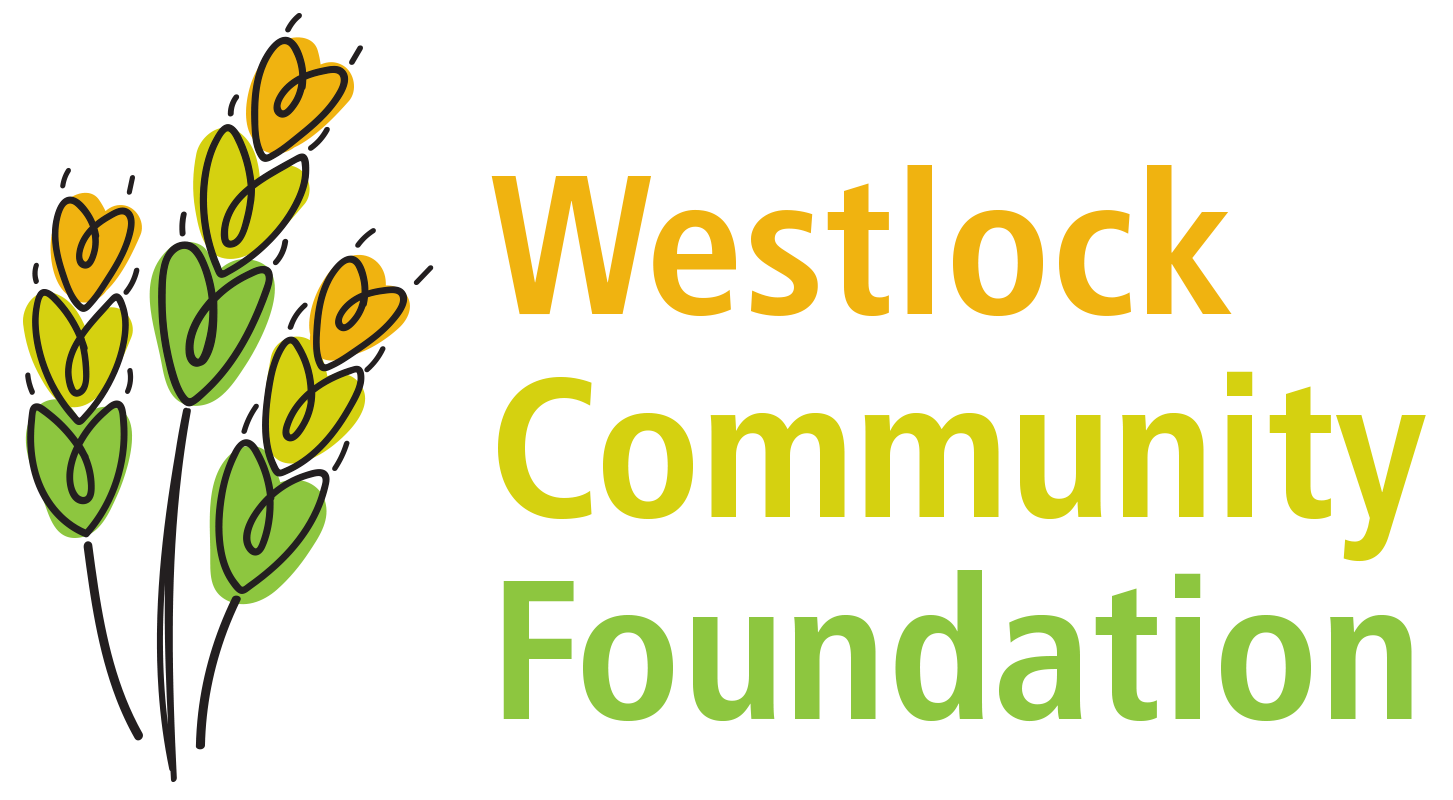Choosing the Right Philanthropic Path: DAFs vs. Private Funds

Title: The Benefits of a Donor Advised Fund vs. Starting Your Private Foundation
When it comes to philanthropic giving, choosing the right structure for your charitable endeavors is a critical decision. Two popular options in Canada are the Donor Advised Fund (DAF) offered by organizations like the Westlock Community Foundation (WCF), and the creation of your own private foundation. Both approaches have their merits, and in this blog post, we will explore the key differences and benefits of opting for a Donor Advised Fund over a private foundation.
What’s the Difference between a Community Foundation and a Private Foundation?
The Westlock Community Foundation (WCF) is a public foundation, meaning it operates for the benefit of the community at large. It is part of a national network of 205 local foundations in Canada, created by and for their communities, known as Community Foundations of Canada.
WCF works in collaboration with local charities, enabling donors to have a direct and positive impact on their community.
Whereas a private foundation is typically funded by a single individual or a small group of donors and is managed by a board of directors or trustees. Unlike public foundations like WCF, private foundations are more focused on the donor’s specific charitable interests.
Here are Three Main Operational Differences:
1. Administrative Requirements
Westlock Community Foundation (WCF):
– A fund with WCF does not need to be registered with the Canada Revenue Agency (CRA) because it is already a registered charity.
– Donors can create a fund with a minimum donation, with no legal or startup costs, and it can be established in as little as one week.
– WCF offers a variety of fund types, such as donor-advised funds, field of interest funds, and designated funds.
– There is no mandated minimum contribution, and donors can choose to remain anonymous or receive public recognition.
VS
Private Foundation:
– Private foundations must be recognized by the Canada Revenue Agency as charitable organizations, which requires a significant capital investment.
– The creation of a private foundation involves legal and accounting expenses, typically starting at around $7,000, and can take 6 to 12 months to establish.
– Private foundations may require an accountant, lawyer, or staff to handle reporting and operational tasks.
– While there is no mandated minimum contribution, expert opinion often suggests capital of $5 million and up for private foundations.
2. Investment Management
Westlock Community Foundation (WCF):
– WCF handles all accounting, tax returns, investment management, auditing, grant making, and due diligence for an annual cost of 2% of the value of the capital.
– Pooled investments often provide a better return on investments.
– WCF has a financial stewardship committee made up of volunteer investment and finance professionals who recommend the hiring of investment managers and monitor their performance.
VS
Private Foundation:
– Directors or trustees of private foundations must perform these tasks themselves, hire staff, or contract for these services, which may come at a higher cost.
– Trustees or directors manage the funds directly or hire professional investment managers and monitor their performance.
3. Grant Making & Support
Westlock Community Foundation (WCF):
– With a deep understanding of local priorities and a strong connection to the community, WCF provides expertise and advice on a wide range of granting areas, including arts & culture, seniors, environment, health, social services, education, and recreation.
– Professional staff and the Board of Directors, composed of community leaders, can help identify and assess local grantees, provide input on changing community needs, and verify charitable status.
– Donors can be directly involved in the granting process or entrust the WCF Board to make granting decisions.
– WCF has a cooperative relationship with other government bodies and funders in the region.
VS
Private Foundation:
– Directors or trustees of private foundations must perform, hire staff, or contract for grant-making activities, which often have a more narrow scope.
– Foundation Board and/or staff arrange and support grant-making and monitoring structures.
In summary, when exploring structures to support your strategic giving options, it is essential to consider the similarities and differences between donor-advised funds, such as what is offered by the Westlock Community Foundation, and creating a private foundation. Donor Advised Funds provide an accessible, cost-effective, and community-focused approach to philanthropy, offering donors flexibility, expertise, and an established charitable network. On the other hand, private foundations are better suited for those with substantial capital and specific, tailored charitable goals.
Ultimately, the choice between a donor-advised fund and a private foundation depends on your individual philanthropic goals, resources, and preferences. Westlock Community Foundation stands as a testament to the positive impact of Donor Advised Funds, nurturing a giving and caring community for the benefit of all its citizens.
Download a DAF VS Private Foundation Fact Sheet HERE.
